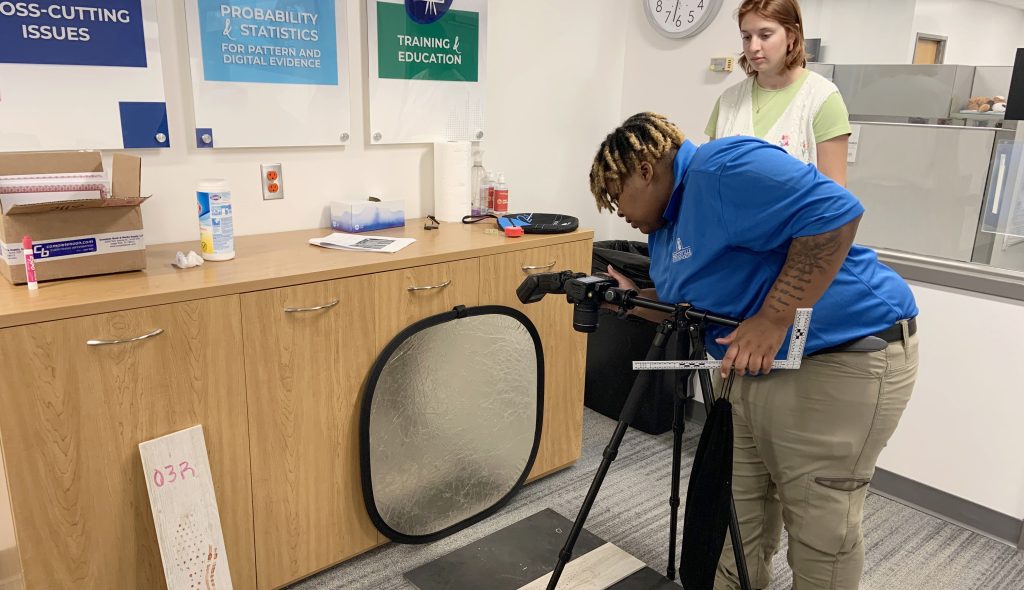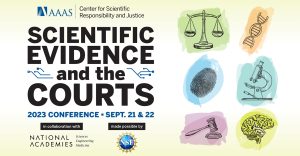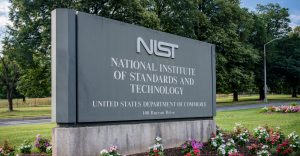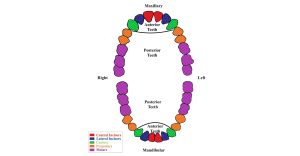The Center for Statistics and Applications in Forensic Evidence (CSAFE) welcomed five undergraduate students to its summer research experience for undergraduate students (REU) program. The students started June 12 at Iowa State University.
The CSAFE REU program provides students with advanced research experiences in forensic science. During the eight-week immersive internship program, students discover how statistical and computational concepts apply to CSAFE’s key research areas in pattern or digital evidence. The students are placed on interdisciplinary teams with faculty and graduate student researchers.
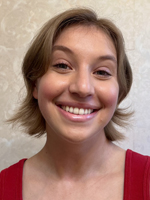
Anthony Greiter, the learning and development specialist at CSAFE, coordinates the program. “The undergraduate interns we select each year always bring such a high energy level and breathe new life into each project they work on during the summer. It’s a truly beneficial program for everyone involved,” he said.
Mentoring the interns this summer will be Emma Thatcher. Thatcher recently graduated from West Virginia University, majoring in forensics and investigative science with an emphasis on forensic examination. She was a student intern during CSAFE’s REU program last year. Thatcher will also spend time this summer at the Iowa Department of Public Safety Division of Criminal Investigation Criminalistics Laboratory and ride with law enforcement across the state.
This year’s REU interns are:
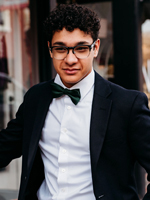
Eden Amin is a University of Central Oklahoma senior studying forensic science and criminal justice. During his internship, he will work on a wire-cutting toolmarks project. Amin said he wanted to be part of CSAFE due to its involvement in bettering the forensic science community.
“I hope to accomplish growth both in forensic science and interpersonally. I hope to improve my leadership skills and develop a sense of agency. I also look to further my experience within the field of forensic science. Lastly, I look forward to networking with my peers, with whom I will work within the CSAFE REU program,” Amin said.
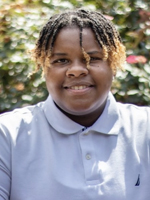
Saniya Lyles is a forensic science major at Fayetteville State University. During her internship experience, she will be working on collecting data for a camera identification project and modifying existing protocols for a new footwear data collection process. Saniya decided to participate in CSAFE’s REU program because she wanted to learn different aspects of forensic science than what she is currently taught in the classroom.
“At the end of the CSAFE summer research, I would like to make a decision on my plans upon graduation and what I’d like to go to grad school for. I’d also like to network and figure out the best plan to achieve my career goals,” she said.
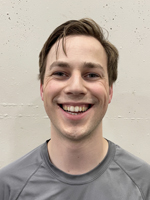
Matthew Nissen is a junior studying math at St. Olaf College. He will be working on collecting data for a camera identification project and modifying existing protocols for a new footwear data collection process. During his REU experience, Nissen said he wants to learn as much as possible about statistical applications in forensic science and meet like-minded people with statistical backgrounds.
“I want to use my statistics experience in a research setting, learning about how statistics benefits the world of natural science. I hope also to learn about forensic science, a field that sounds fascinating although I have little knowledge,” he said.
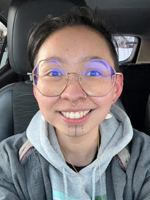
Tiffany Ongtowasruk is a Fort Lewis College senior majoring in general biology and criminology and justice studies. She will be working on collecting data for a camera identification project and modifying existing protocols for a new footwear data collection process. Ongtowasruk hopes to understand how mathematical techniques are applied to forensic evidence.
“CSAFE sounds like an amazing opportunity to learn more about statistical applications of forensic evidence and combines two of my interests—mathematics and forensics,” she said. “I was not aware of any kind of forensic research opportunities until I found this one, and I’m extremely grateful that I will be able to participate in it!”
For more information about CSAFE’s learning opportunities for students, visit forensicstats.org/learning-opportunities/students.

